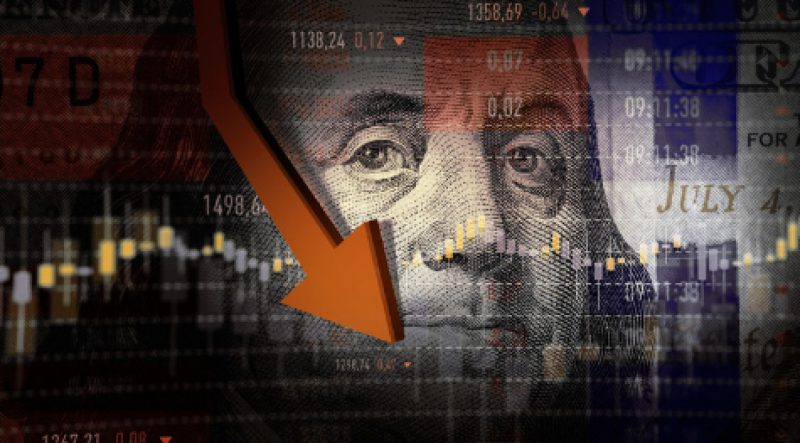Andrea Orcel, the CEO of UniCredit, believes that there could be more “rescues” among U.S. banks with increased volatility. Orcel mentioned that there may be a split in the European and American finance sectors. While Europe is witnessing a calm in the finance sector, Orcel says American lenders might see more hardships.
The American finance sector has witnessed some of its most volatile periods in the last few weeks. Authorities announced the closure of San Francisco-based First Republic Bank on Monday. It was the third U.S. bank to fail in the last two months. Wealthy consumers of First Republic rarely fell behind on their loan payments. However, the vast majority of deposits were not insured because they exceeded the $250,000 cap set by the Federal Deposit Insurance Corporation (FDIC). This alarmed analysts and investors who were concerned that, should the firm fail, its clients might not receive a full refund.
Silicon Valley and Signature Bank, which mostly served the technology sector, failed in March for similar reasons. Finance giant, JPMorgan acquired a significant amount of assets from First Republic, which includes around $92 billion worth of deposits.
More dangers for the U.S. Banking sector?
Leading economists have warned CNBC that further rate increases could make the U.S. banking industry more vulnerable. However, the banking regulators in the European Union, where Italy’s UniCredit is based, have repeatedly stated that they do not perceive the same level of risk in the region. According to them, European finance firms are well-capitalized and subject to stricter regulations.
The UniCredit CEO added that volatility is presently the biggest risk to the outlook after the Covid-19 pandemic and Russia’s invasion of Ukraine. Orcel made the remarks after UniCredit released its most recent results on Wednesday. The first quarter’s net profit increased by more than 41% over the preceding quarter to 2.06 billion euros ($2.27 billion).





